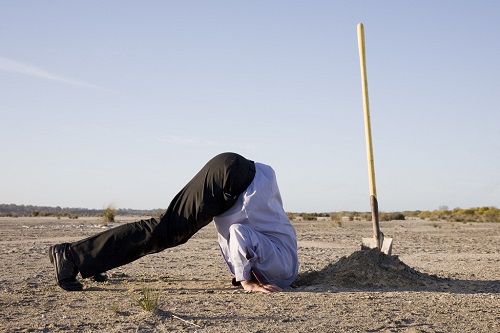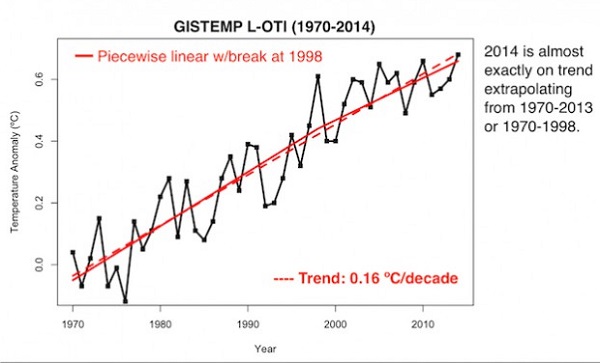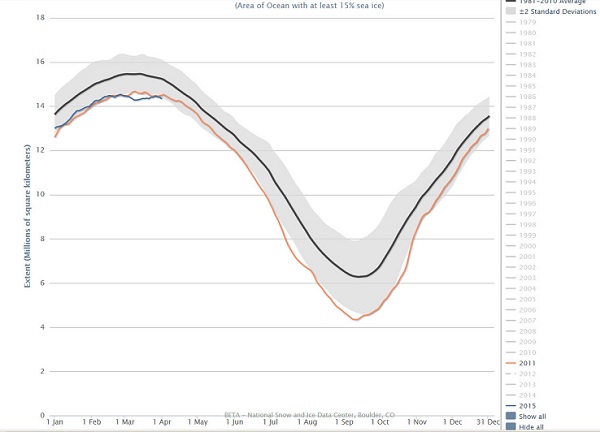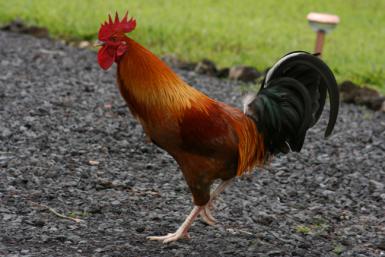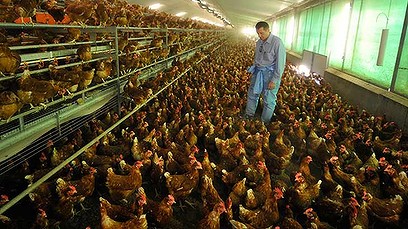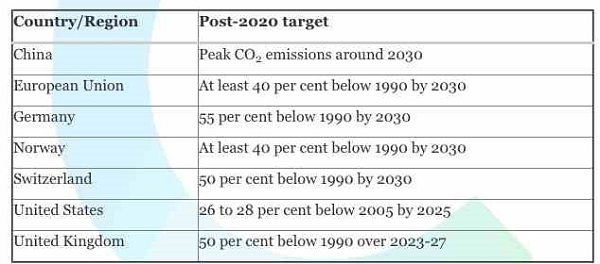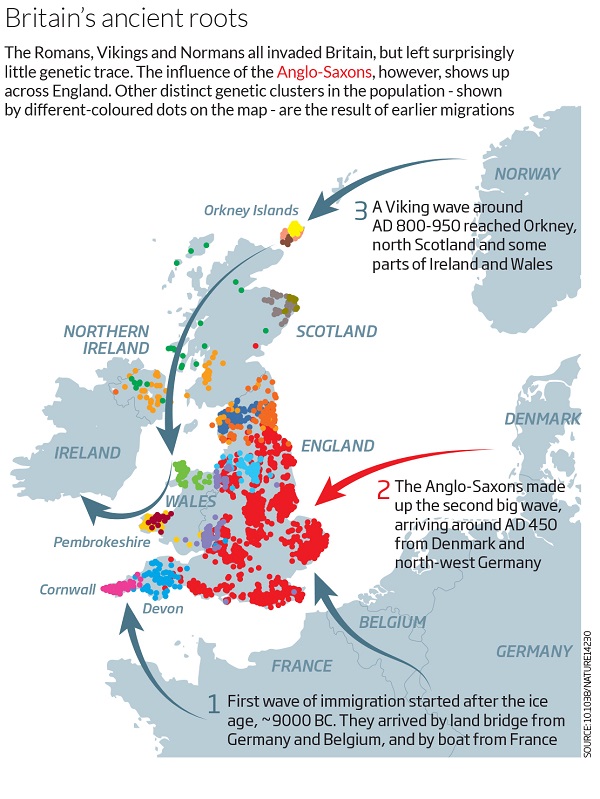Perhaps all three, in some measure.
In quoting an open letter on anti GM technology co-ordinated by Steven Druker I ended up being called an anti-science troll:
Good God. Steve Druker is the executive vice president of the Maharishi Institute. The Maharishi Institute is of course an Indian mystic cult movement that teaches yogic flying. Clearly you are an anti-science troll and not worth bothering with.
Clearly I should have Googled Druker and the appellation Executive Director, Alliance for Bio-Integrity should perhaps have triggered alarm bells. But then association with Maharishi Mahesh Yogi would not have caused great concern, because I had a mental impression of him that goes back decades.
Time for a bit of investigation and reflection.
Until Sunday I was not aware that Mahesh (to leave off the honorifics) was into yogic flying and the Natural Law Party. Probably about 35 years ago I knew people who had taken the Transcendental Meditation (TM) course and found it personally helpful. There was no brainwashing or ideological lode. There was no cultic aspect in the sense of being members of a group. You paid your money, took the course and walked away.
Later my wife and I attended yoga classes with the Yoga Education Centre, as it then was, in Brisbane. It was hatha yoga, concerned with physical well-being, but it involved several meditation techniques, but not TM. These helped us relax, become poised, centred, and able to deal more effectively with the personal, social and work environment. I think it made both of us easier to live with. There was no readily identifiable ideological content.
One exercise, for example, was called “quietening the mind”. You sat still with eyes closed and as thoughts appeared you saw them out the door. Effectively you emptied your mind. Difficult to do, because the mind is very restless.
In another, called “listening to sounds”, you simply listened to sounds in the ambient environment but did not name them, identify them, associate them with a source or think about them in any way.
We found that the positive effects took some months to appear. I formed the opinion that Mahesh had found one technique that gave early results, as the Western market tends to demand, but was perhaps less valuable in the long run. I can’t be sure because I have not done the course.
One effect of meditation practice was to clear away emotional clutter and make the functioning of calm reason more efficacious.
Our own yogic practice fell apart when we had a child, just on 28 years ago, and we’ve been somewhat off-balance ever since. Later as part of my heart surgery recovery I took an 8-week course on yoga run by the head nurse of the then psychiatric ward of the Wesley Hospital. I looked around for yoga classes, found amazing differences in the styles of yoga offered, but found none that attracted me.
More recently I’ve posted on the concept of emotional style. After 30 years of patient research Richard Davidson has charted the emotional life of the brain and what happens when we meditate. There is no reference to Transcendental Meditation in the index. And that reflects what I think of TM as I know it – of minor importance and basically harmless, does some good in some instances. According to reports, such research as exists is said to be of poor quality but tends not to show significant health benefits.
Incidentally Davidson talks about the massive prejudice there is against terms like “yoga” and “meditation”. He had to use other labels to get research funding.
The Wikipedia article on Mahesh says:
In the late 1970s, he started the TM-Sidhi programme that claimed to offer practitioners the ability to levitate and to create world peace.
With that step he clearly becomes ideological.
I can’t find much on TM-Sidhi, but the Wikipedia article on levitation says this:
The Transcendental Meditation movement claims that practitioners of the TM-Sidhi program of Maharishi Mahesh Yogi achieve what they call “Yogic Flying”. They say that there are three stages of Yogic Flying – hopping, floating, and flying – and that they have so far achieved just the first stage. Transcendental meditation groups have held annual “Yogic Flying Contests” to see who could hop the farthest or the fastest. Proponents say the hopping occurs spontaneously with no effort while skeptics say there is no levitation and they are using their thighs to bounce in the lotus position.
At best, self-deluded, but in any case ridiculous.
Then in 1992 Mahesh founded the Natural Law Party. It seems he always had an ambition to change the world to operate on principles of ancient Vedic science. In order to do his he chose to become direct and political. It’s a free country but I suspect the politics is going nowhere.
So far, however, I’ve seen nothing to suggest that the movement is anti-democratic. The term “cult” is problematic, so you take you pick. It’s a derogatory term which in this case has some warrant.
In my memory banks I have traces of Mahesh having a poor attitude to women. FWIW this was confirmed at the beginning of this YouTube which is very negative about his life and work and carries a Christian message at the end.
One thing is for sure, he made mountains of money.


